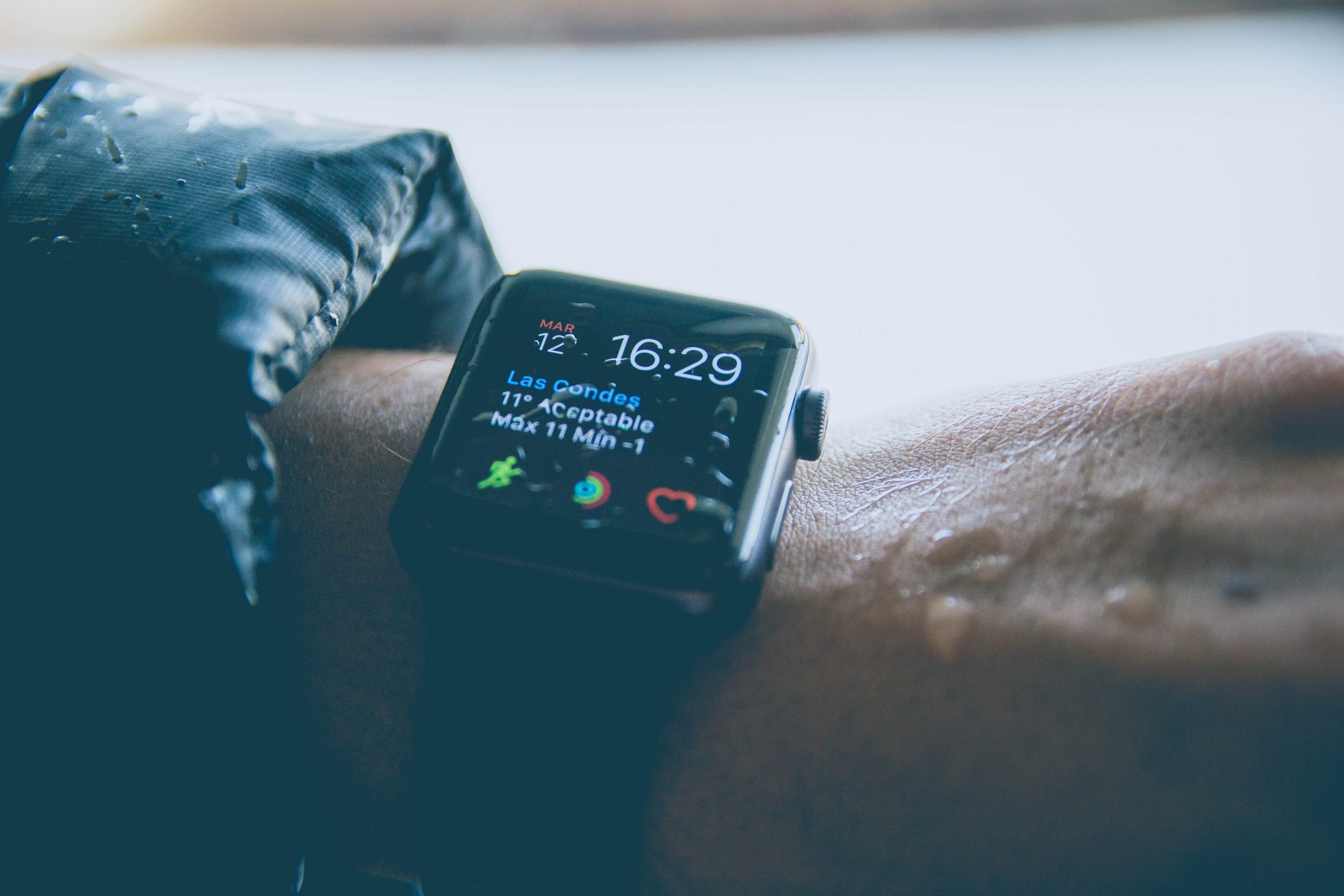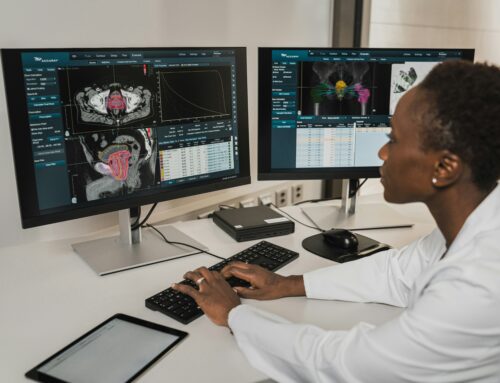Starting from December 2019, in a very short timespan, people’s lives across the planet changed following the discovery of a new disease, COVID-19. Now that we are a couple of years into a COVID-19 pandemic, the emotional toll of uncertainty, worry and life changing habits have many of us feeling under pressure. The pandemic has put additional stress on already vulnerable populations, such as those dealing with comorbid conditions, including cancer. As this pandemic continues, many cancer patients and survivors are continuing to experience mental health pressures, including anxiety and depression. Even though COVID-19 has shown to be a threat to the mental well-being of all people, cancer patients and survivors have unique needs and concerns, which can lead to heightened levels of pressure.
COVID & Cancer
Although the long-term impact of COVID-19 is still not clear, the immediate to mid-term effects on cancer patients are already showing. Delays in cancer diagnosis or treatments due to concerns about COVID-19, and the restrictions on medical facilities (such as reduced non-emergency access or reduced access to clinical practices and physicians), can lead to undiscovered cancers or even missed advancements of previous cancer diagnosis. All of which ultimately have adverse effects on the overall psychological health of patients.
As it stands, cancer patients may already be more susceptible to anxiety or depression due to several reasons; the reaction to a cancer diagnosis, the uncertainty that the disease brings with it, or the many treatments used to tackle the cancer. Cancer patients are also more vulnerable to COVID-19 infections due to their immune systems being compromised, or immunosuppression, from treatments, which further add to levels of anxiety. These occurrences can lead to mental strain on cancer patients or survivors.
The use of mHealth technologies during COVID to assist cancer patients
Technologies such as mHealth and ‘health apps’ are not a recent innovation, but are a continuously growing and improving field of research. They have the potential to improve Quality of Life (QoL) for individuals suffering with chronic diseases or debilitating conditions. More recently, the healthcare sector employs mHealth technologies to aid patients with mental health requirements.
COVID-19 has resulted in an increase in adoption of telehealth technologies[1], and the use of mHealth technologies during the pandemic can assist cancer patients in dealing with anxiety or depression. From the time of diagnosis, depressive disorders often manifest in cancer patients. Once treatment is over, patients (survivors) may find themselves outside of the health system with less frequent checks. Less contact with the health team may result in these anxiety or depressive states being overlooked. This can happen as the cancer diagnosis or survival is often an all-consuming event. Enters mHealth: these applications have the capacity to reduce barriers to care for many patients.
A mHealth app can effectively monitor symptoms, and deliver supportive care to cancer patients and survivors. Using these apps, we should be able to gather key information regarding anxiety and depressive symptoms in patients diagnosed or receiving care for cancer, and their caregivers. This way, we can provide support to the patients based on the analysis of these results. Mobile devices have also improved regular communications and monitoring between healthcare workers and their patients. These technologies can lead to an increase in the quality of healthcare provision while reducing the cost of accessing healthcare services, especially during the COVID-19 pandemic.
Use of FAITH to help cancer patients’ mental health
Within the EC-funded FAITH research project, we are developing such an AI assisted App that will be used to remotely monitor for downward trajectories in depression markers. Ultimately, it will warn healthcare workers if their patients (survivors) are heading towards a depressive incident. Within the project, we have identified 4 key markers to monitor: activity, sleep, nutrition, and outlook (voice). We will use the FAITH infrastructure to monitor and analyse these markers for an individual. Through the aggregation of our global data, we will attempt to predict the onset of a depressive incident in our participants.
FAITH aims to improve the Quality of Life for cancer survivors through the monitoring of these anxiety or depression signs. Its solution will present healthcare providers with advanced warnings to allow timely intervention and provide intelligent post-cancer support to survivors.
Authors: Gary McManus, Walton Institute (Waterford, Ireland)




